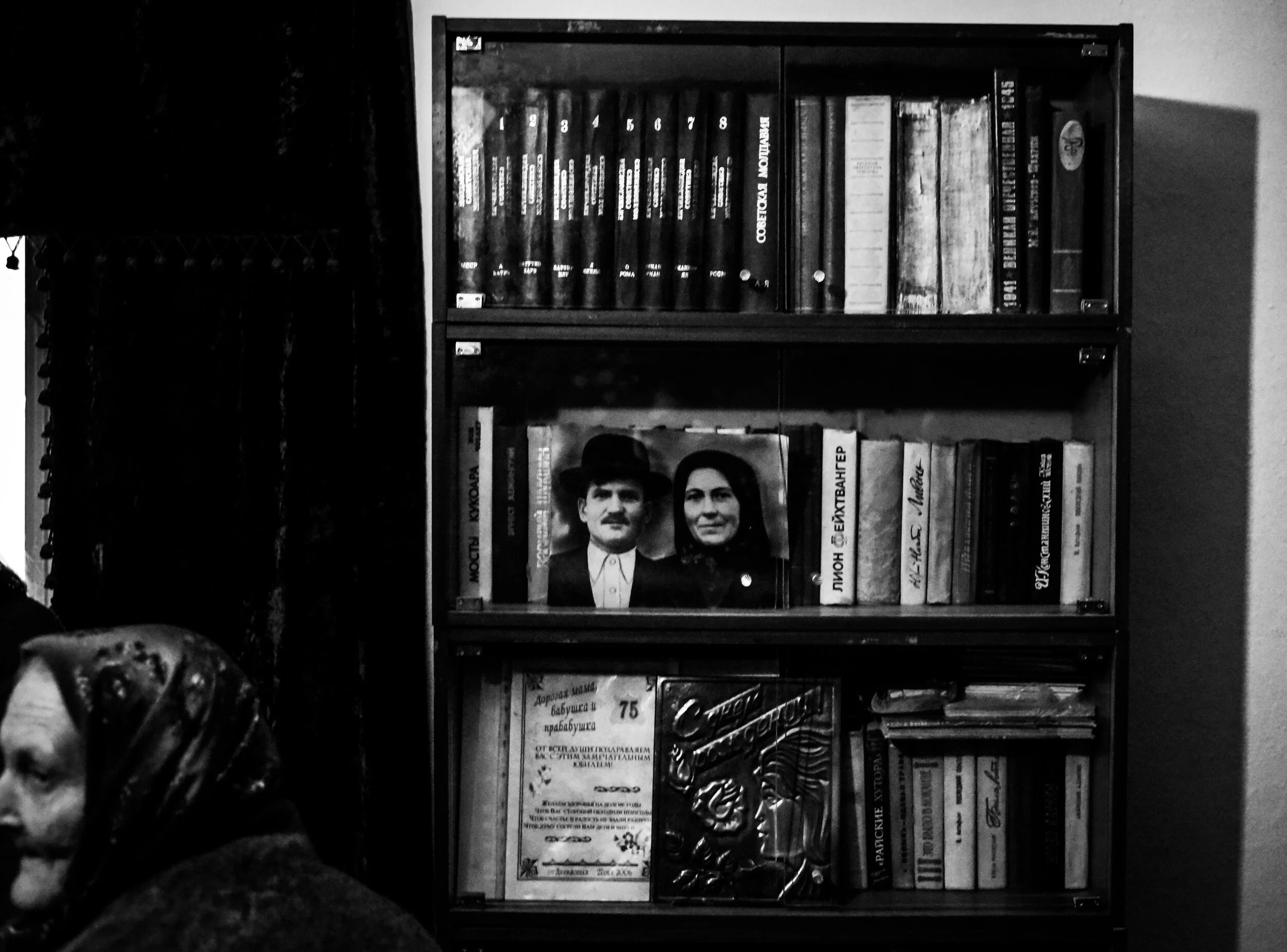
‘Poets and pornographers’ and other poems
by Alex Leigh Farber
The poets and the pornographers
meet in the same place
every night—
after the city has emptied out.
Neither tourists nor police
can tell them apart.
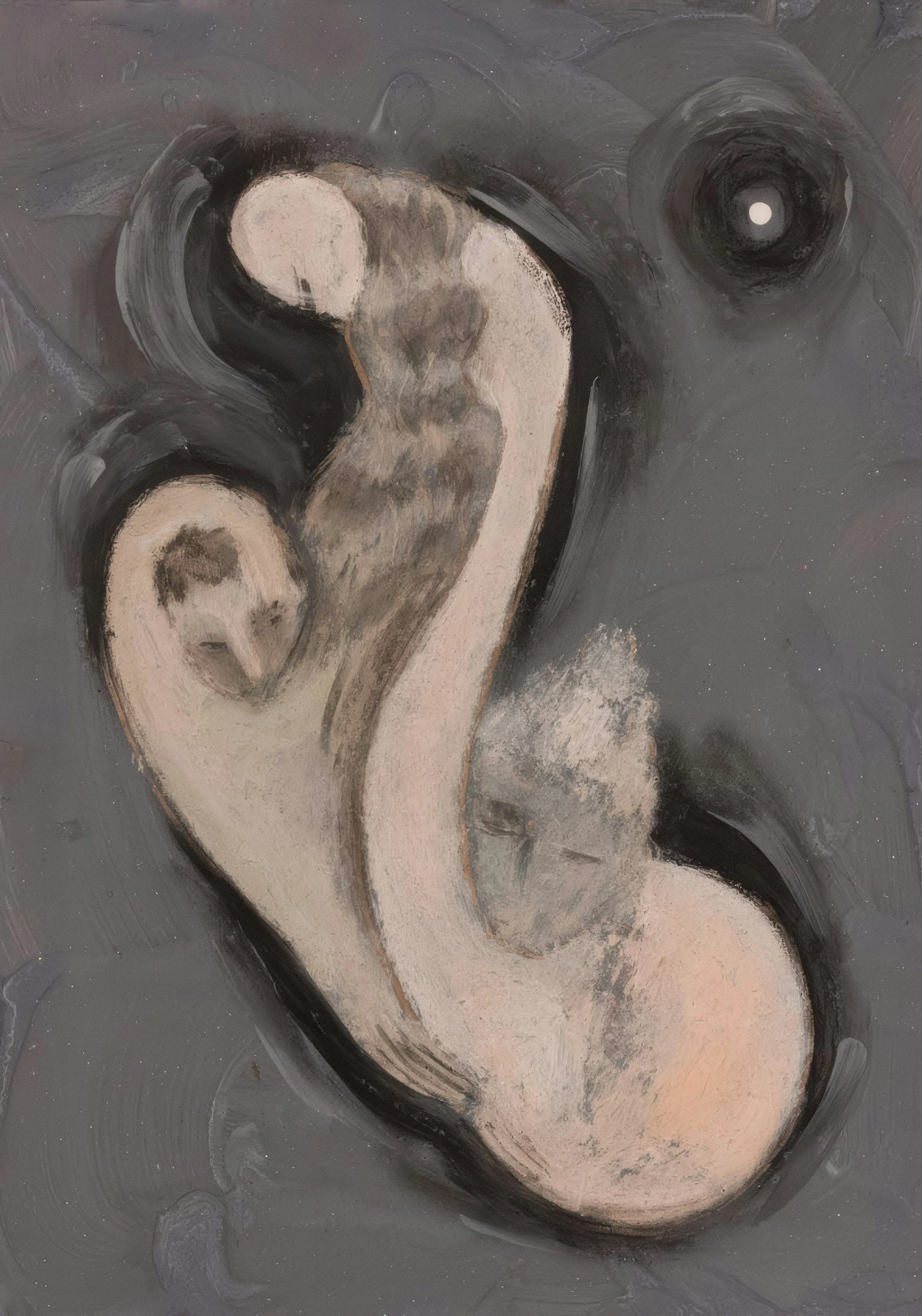
‘If the Queen Shows up in a Double Rainbow’ and ‘Teardrop Pearls’
by Mitzi Dorton
Signs
After death,
Wouldn’t they come
From a mother, too,
Who bangs on the glass
At the emergency room,
The desk ladies talking,
Lost in their own family sagas

War Cake
by Charlotte M. Porter
Enduring bloodshed, recipes, women’s spoils,
make do w/ shortages, rations & absence
of manna, milk & honey, miracle loaves—
foody promises made real in War Cake,
a city confection for cooks w/out chickens,
an eggless feat, almost fat-free w/ raisins,
minus milk, to fete a special occasion
as soldiers die on someone else’s T.V.

What Tricks the Mind
by Rita Taryan
The comeliest woman in the village is the one with the roundest face and rosiest lips. The most eligible bachelor in the village is the one who writes the most heartfelt poetry about his mother. The great Hungarian poet, Attila József (working-class, schizophrenic, a suicide at the age of thirty-two) wrote, “For a week now, all I think about is Mama; When I stop, I start again.”
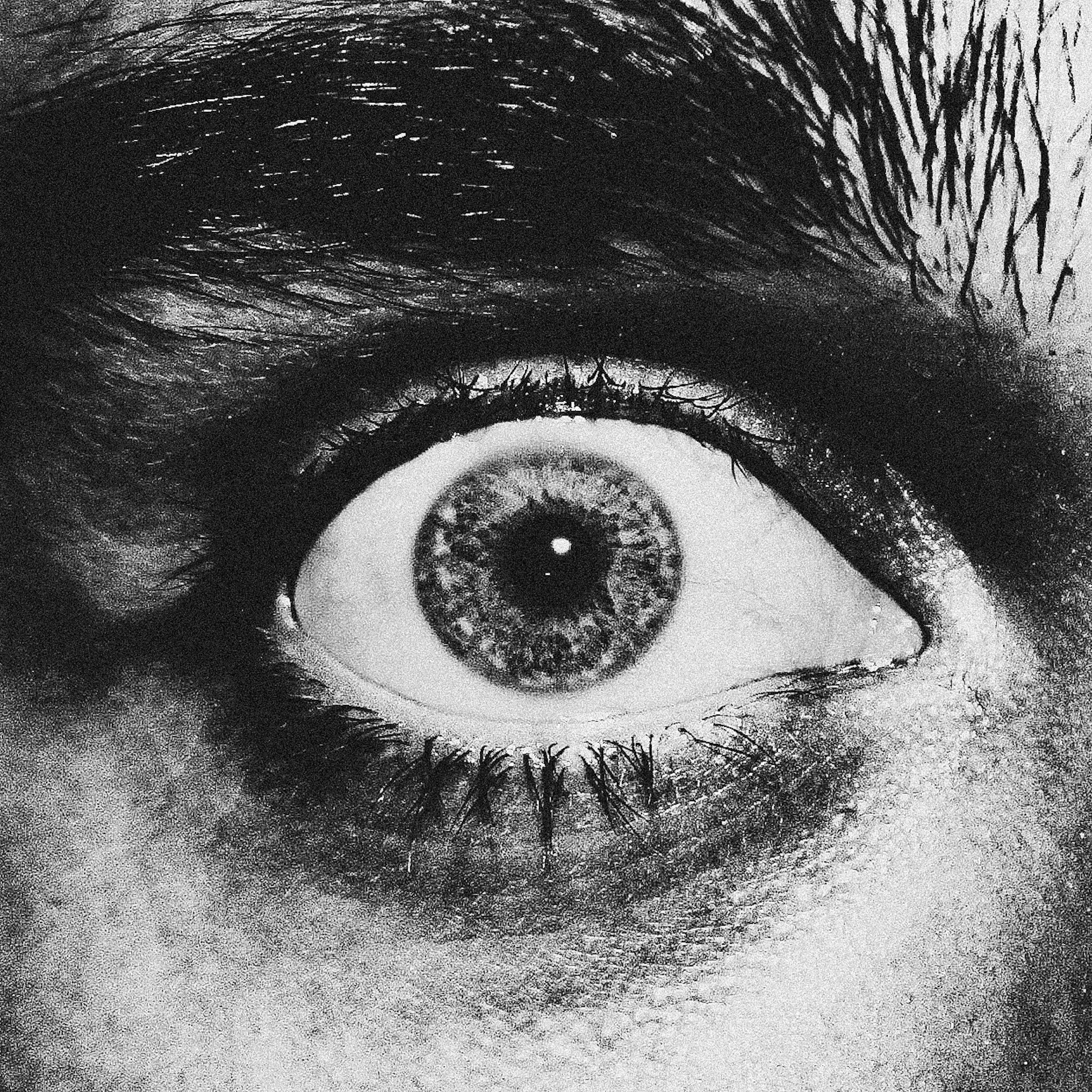
‘A word fallen out of language’ and other poems
by Milena Findeis
In the mouth, the word
to taste
to chew
It hums in the ears
is rolled by the eyes
cut apart by grimaces
Spread with hashtags
processed in the news stream
until it ends, checked off,
in the cache
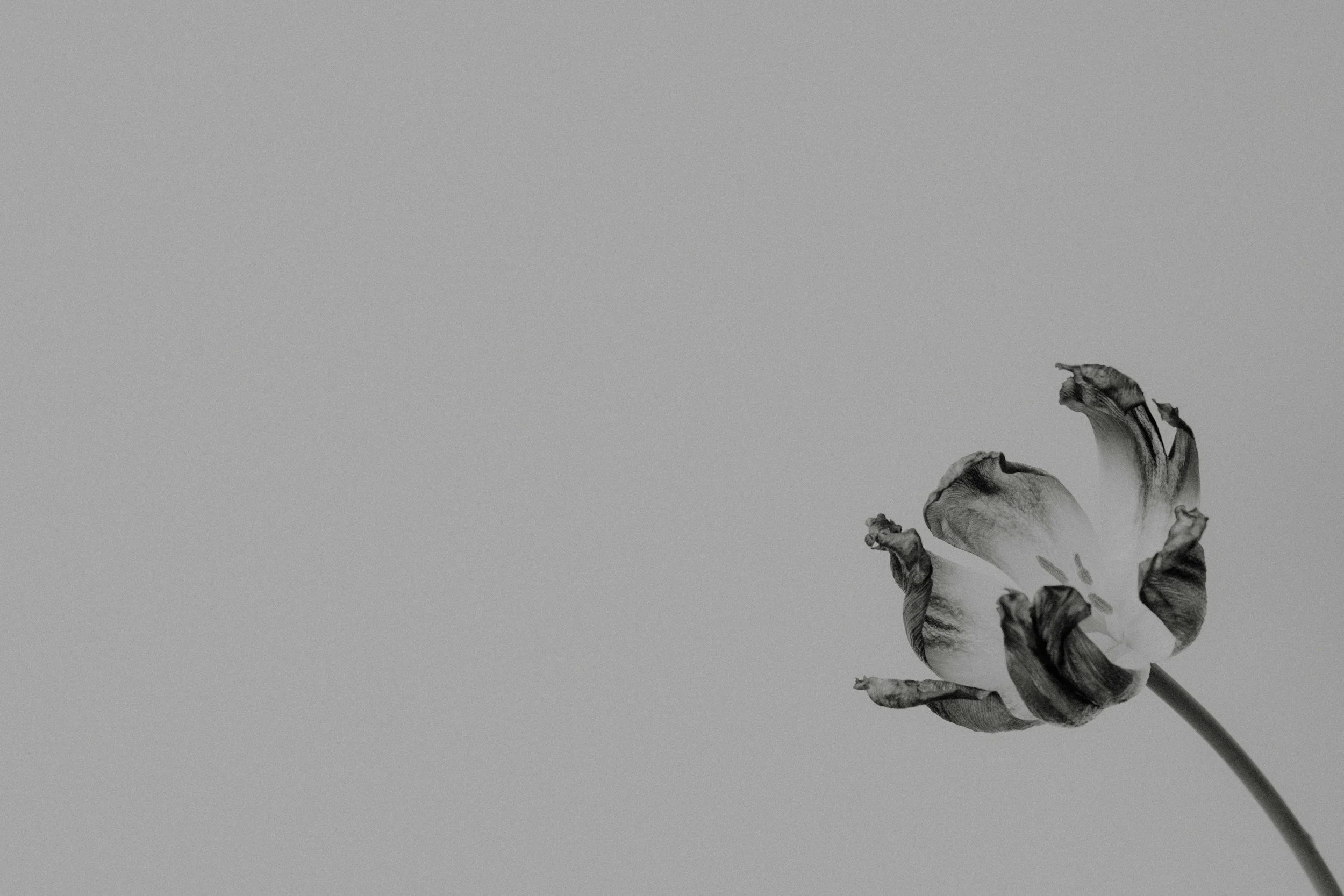
What will people say?
by Mire Marke
She tells me not to sit on the cold stone slab in front of the fireplace. It will ruin your womb, she says. You need your womb. I tell her I don’t want children anyway. Flames burst from her mouth in the shape of what will people say?
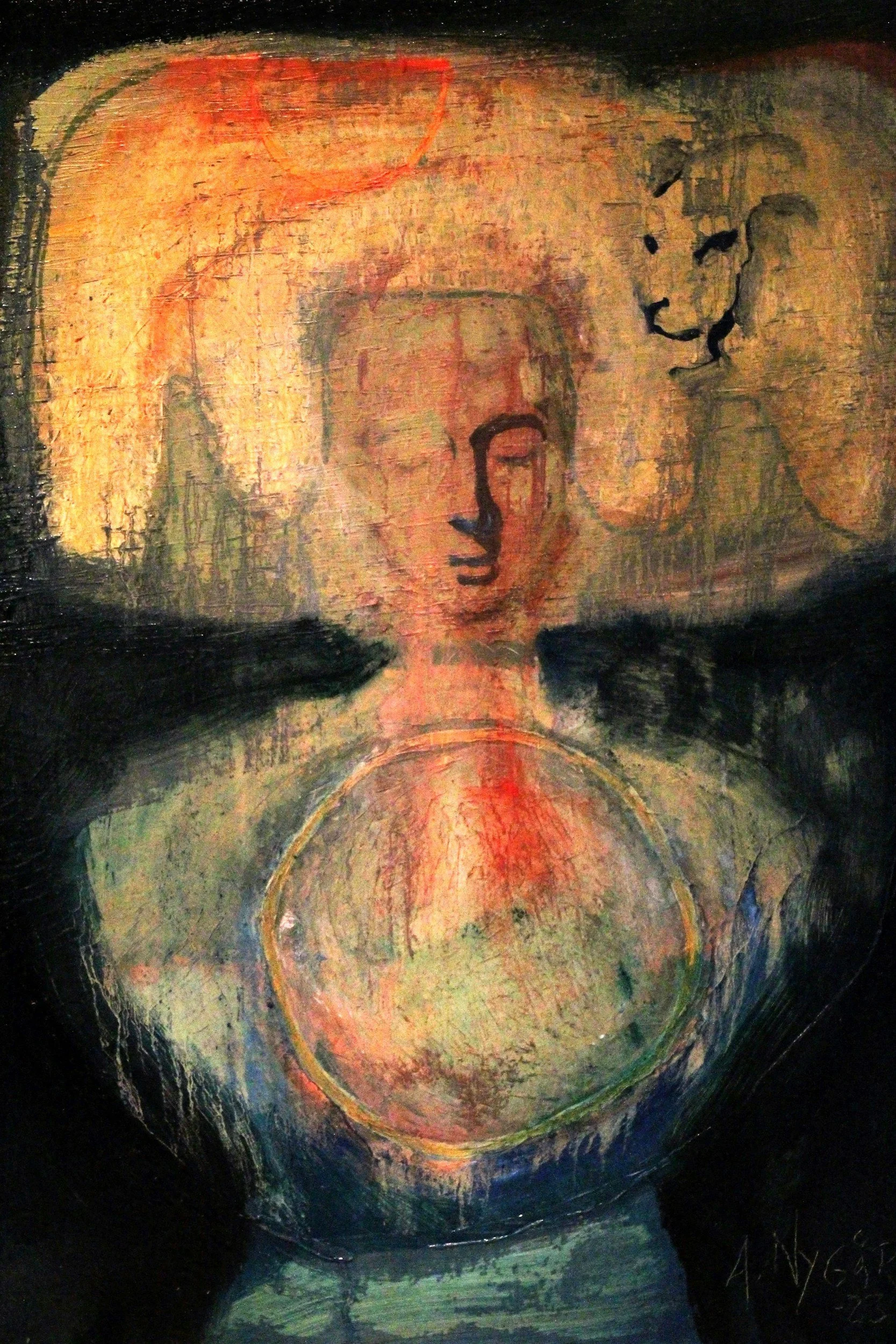
‘The Mother’ and other poems
by Ema Dumitriu
In fleeing me, my wrath,
my fear
a female rat is giving birth
on the hot sidewalk,
steadily,
trailing behind a streak of blood
with child
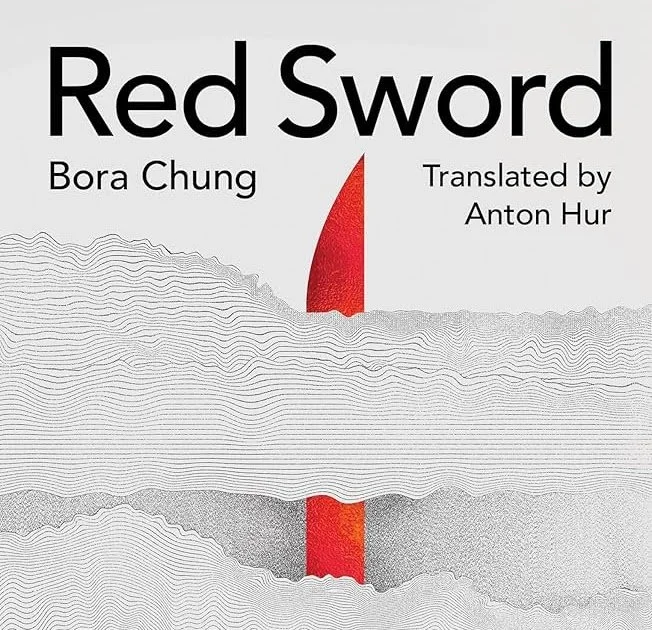
The Ones Who Survive Are Real — a Review of Bora Chung’s ‘Red Sword’
Reviewed by Kate Tsurkan
Bora Chung’s “Red Sword” wastes no time plunging readers into an alien world that is both cruel and enticing, immediately challenging humanity to find a way to reclaim itself. We are first introduced to the narrator — a woman who remains nameless for most of the novel — as she recounts her budding intimacy with a lover aboard a slave ship traversing the far reaches of a galactic empire, only to witness his death shortly after they are cast onto what is dubbed the white planet. What starts as a flicker of dread from her lover’s untimely death swiftly grows into an unrelenting tension that saturates the novel from start to finish.

When the Air Held Its Breath — on the Poetic Record of War in Oksana Maksymchuk’s ‘Still City’
Reviewed by Anya Avrutsky
Written in the few months leading up to and following Russia’s full-scale invasion, the book bridges a documentary and surrealist style, capturing a city on the brink. Maksymchuk, a Ukrainian poet and translator from Lviv, began writing Still City six months before February 24th, from a building overlooking an old prison courtyard where political prisoners had been executed during WWII. Such a setting serves as a reminder of how little time has passed since the last war that ravaged Ukraine.
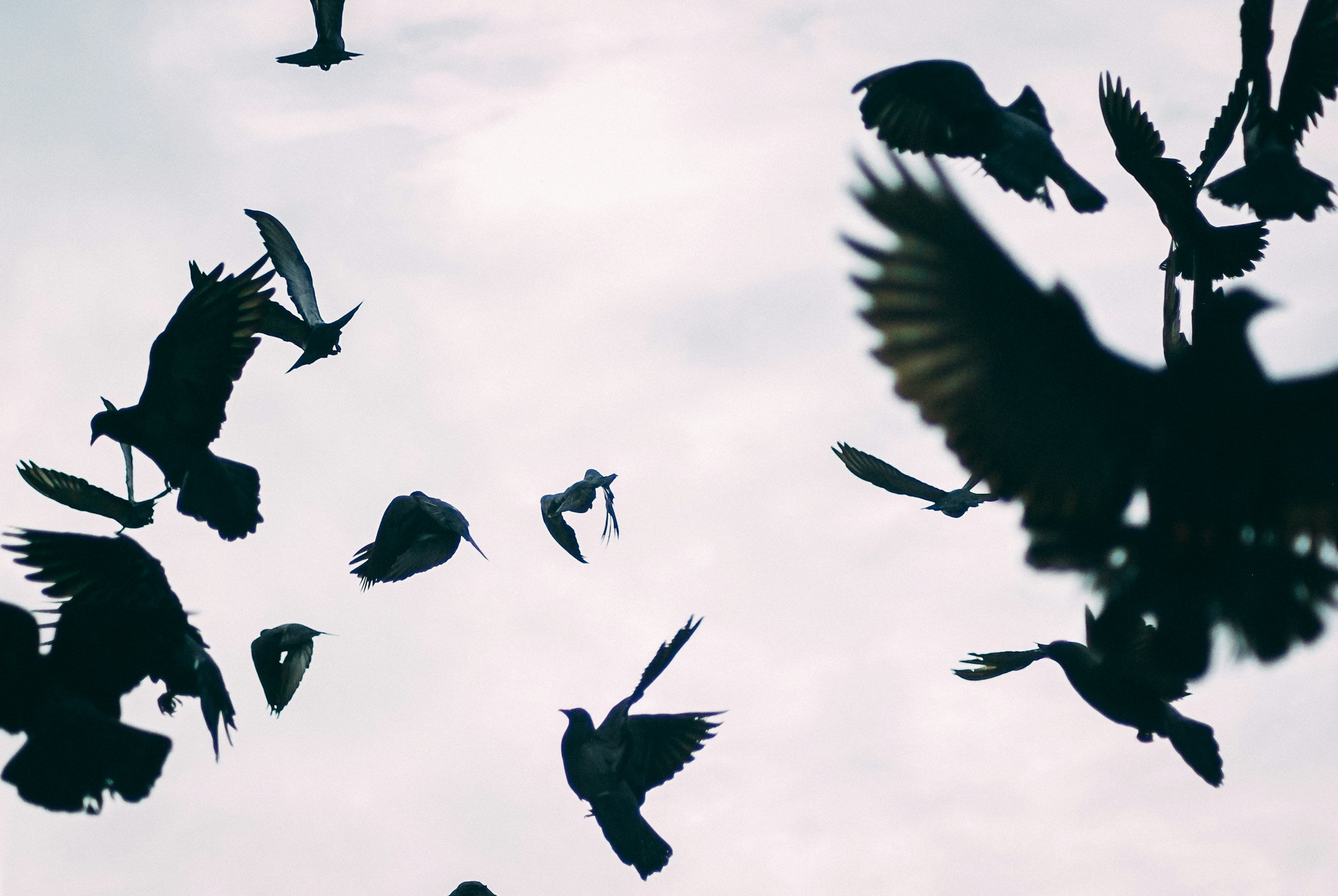
‘In the passing’ and other poems
by Alexandra Magearu
a tumult of birds
like a little chaos
thick and fluttering
with treasures in their toothless mouths
cruel in the glacial light
(…)

Two wartime poems
by Olena Herasymiuk
Translated from the Ukrainian by Viktoria Ivanenk
I am standing on the stage that
no longer exists
it’s not a stage — it’s a mass grave,
under it
buried alive, lie thousands of
men, women, and their children —
the dead, the living, and the unborn
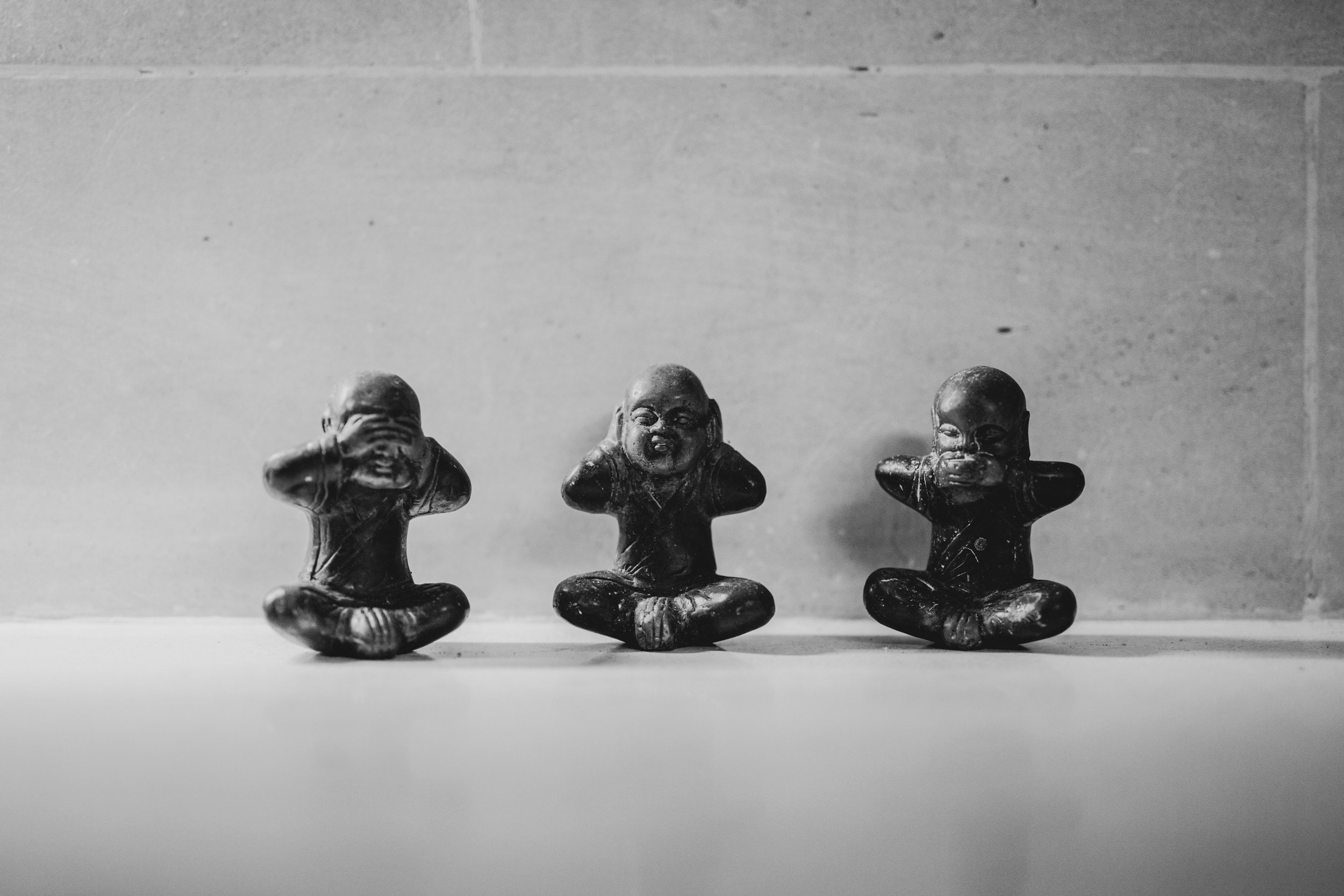
An excerpt from the novel ‘Swan Song’
by Miklós Vámos
Translated from the Hungarian by Ági Bori
As an officer of the armed forces, he made certain to stare the defiant privates in the eye until the last moment. However, he couldn’t stop the wrinkles from forming on his forehead.
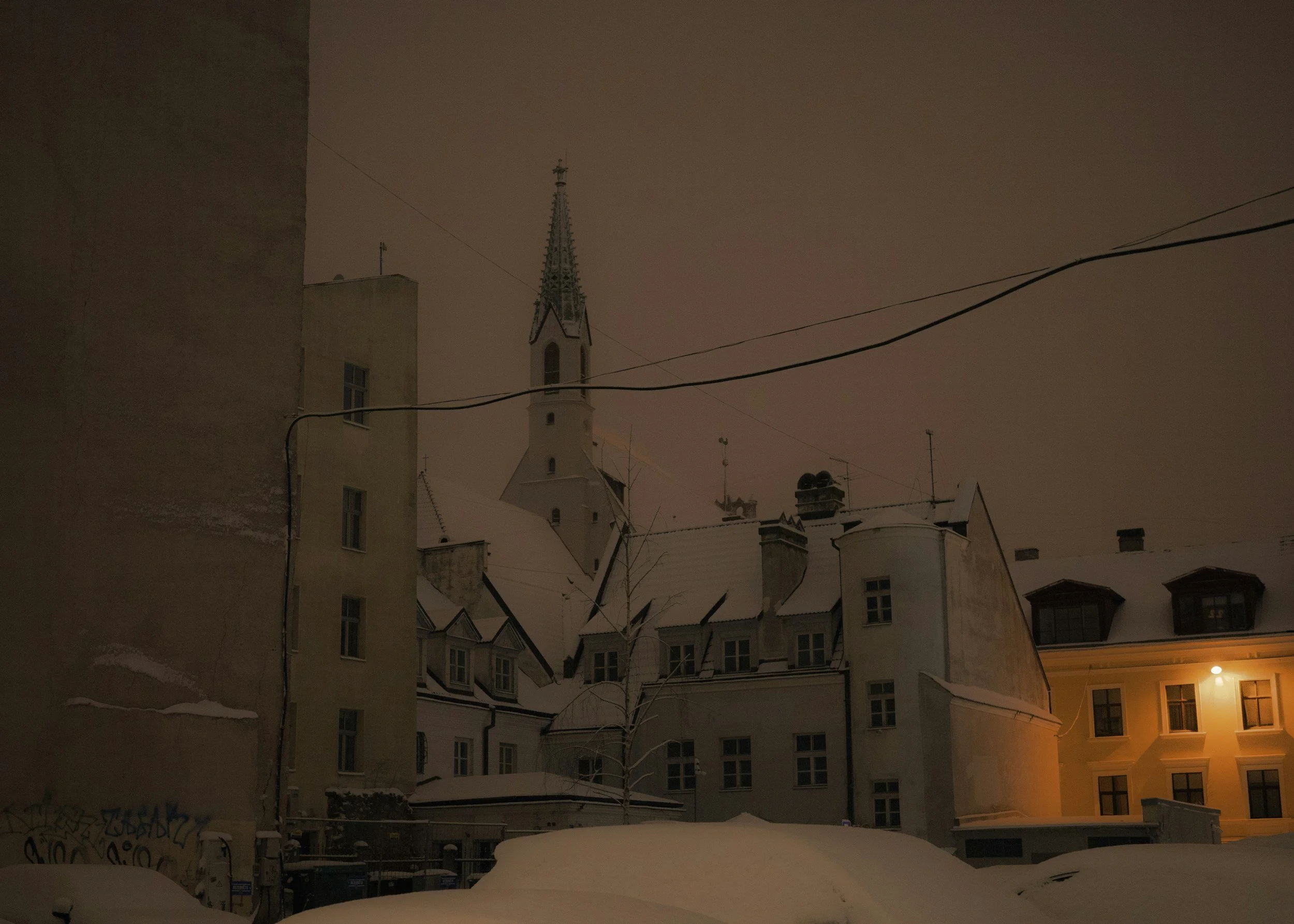
A Room without Shadows
by Andriy Sodomora
Translated from the Ukrainian by Sabrina Jaszi and Roman Ivashkiv
There before me was a bare window without even the sheerest covering, and in an instant I took in the whole room: It was lit by a bright incandescent bulb dangling from the ceiling on a long wire. In the middle of the room, on a little stool directly under that light, sat an old woman, wrapped in some dark garment, her head covered by a dark kerchief.

Night Shift
An excerpt from the novel Vanilla Ice Cream by Đurđa Knežević
Translated from the Croatian by Ena Selimović
After nearly two consecutive shifts—afternoon into early morning—her body teetered between numbness and pain. Or rather, when at rest, it grew numb, and when she’d had to move, the pain would flare through her whole body, not just in its moved part.
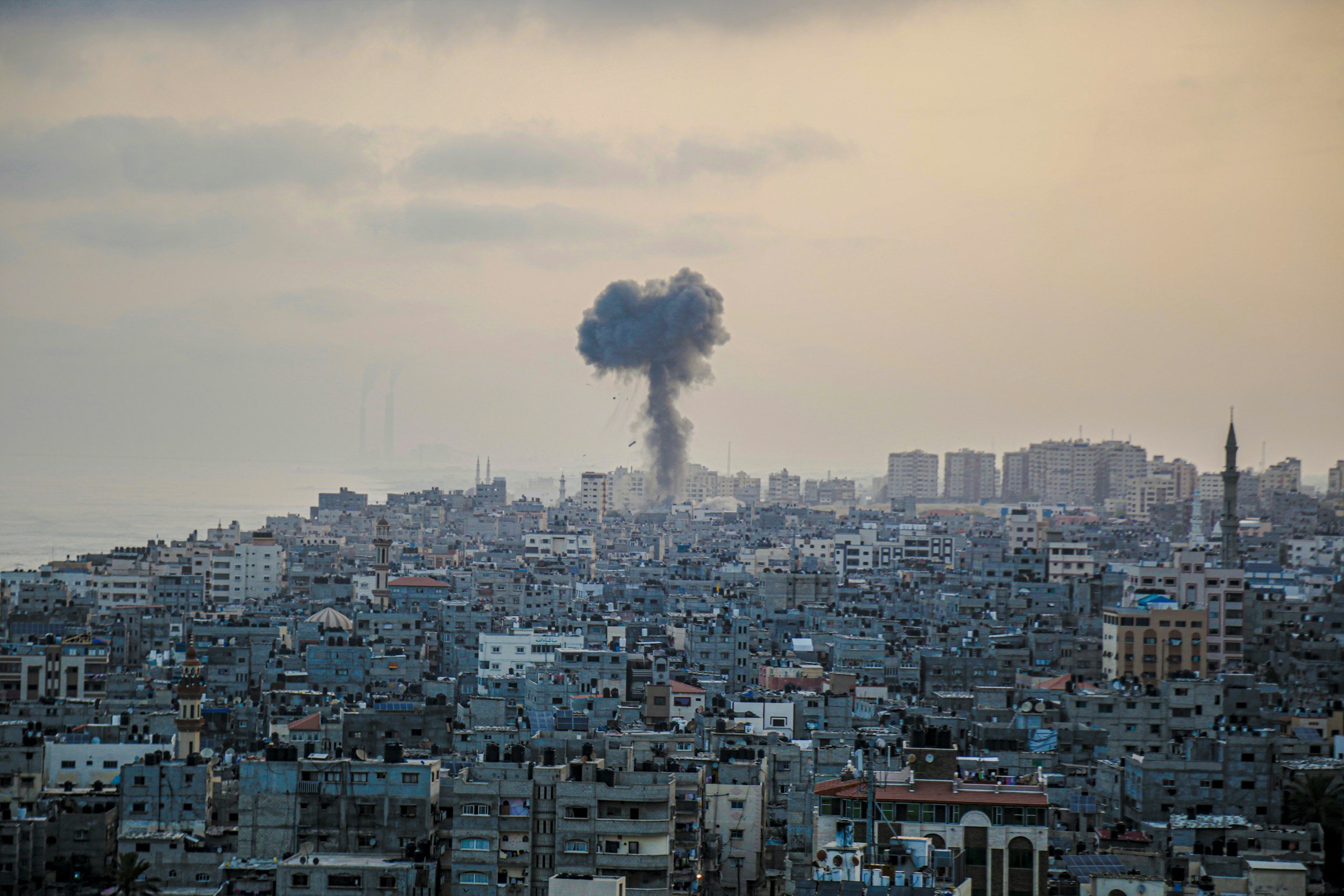
Reading ‘The Eyes of Gaza’ From Wartime Ukraine
Reviewed by Kate Tsurkan
Reading “The Eyes of Gaza” from Ukraine, I was reminded of how no war occurs in a vacuum — the fight for survival, freedom, and justice is never isolated, but part of a larger human story.

Irena Karpa: “If fear arises, I always go and do what causes it”
Interviewed by Olena Lysenko
“I’ve never had any taboos when it comes to humor. However, I would never joke about the victims of violence, and I do not support sexism or victim-blaming. That’s unacceptable for me. Humor always remains somewhat incorrect and absurd.”

Confronting the silence: An Interview with Monica Cure
Interviewed by Irina Costache
"For me, being able to read these stories fills in a lot of gaps. Many times, it's not because anyone in my family or the Romanians that I grew up with in Detroit are withholding that information, but something that particularly writers can do is make a whole world come alive, a whole time period come alive."
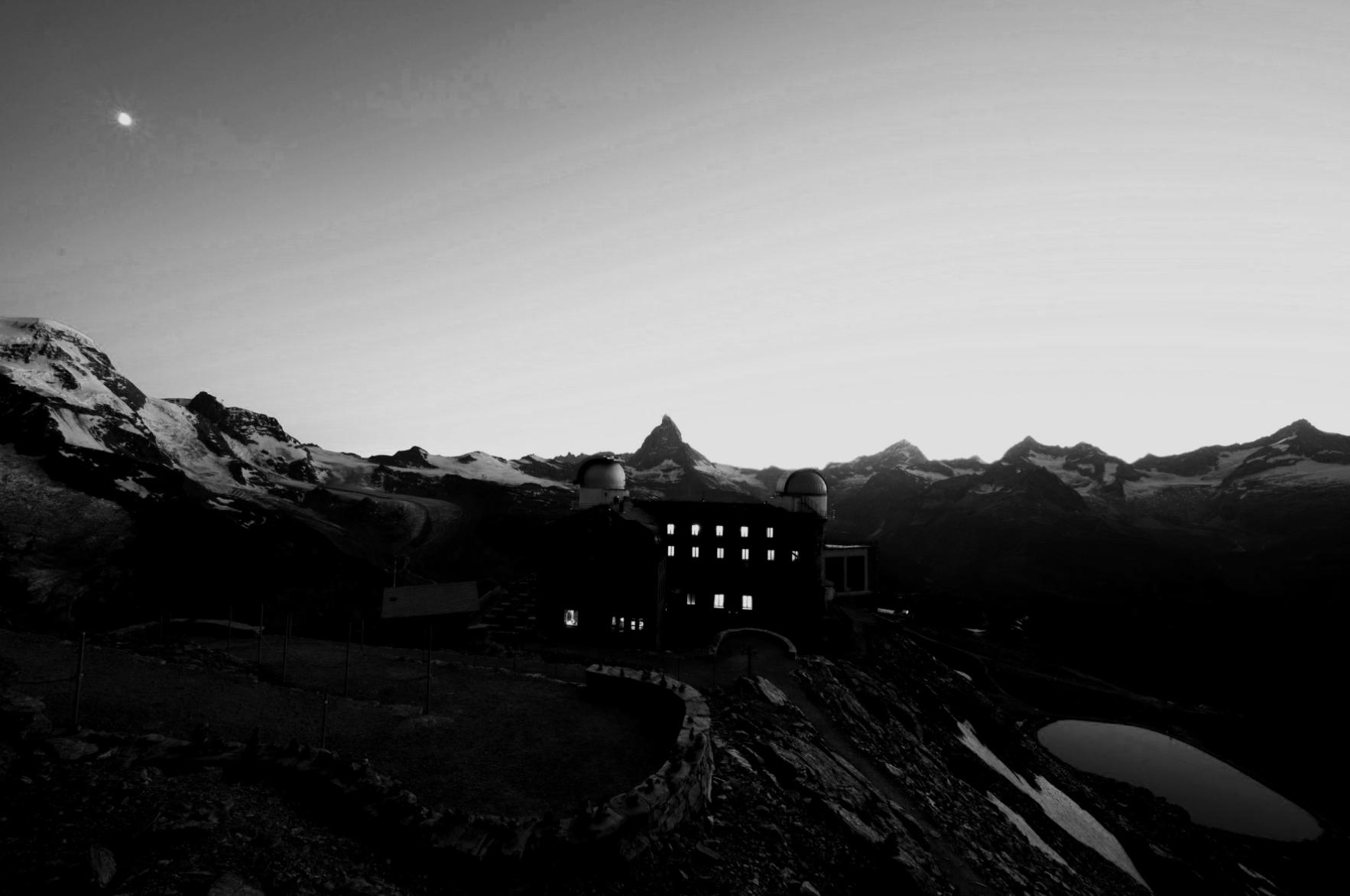
“We Migrating Birds”: Translating the Poetry of North Korean Defector, Imu Baek
Interviewed by Sandra Joy Russell
“Many of the circumstances Baek depicts in her works are dire. In addition to the hunger, cold, and violence the narrator describes, there is a general feeling of helplessness which echoes throughout the work. This made it difficult to continue to translate for extended translation sessions.”
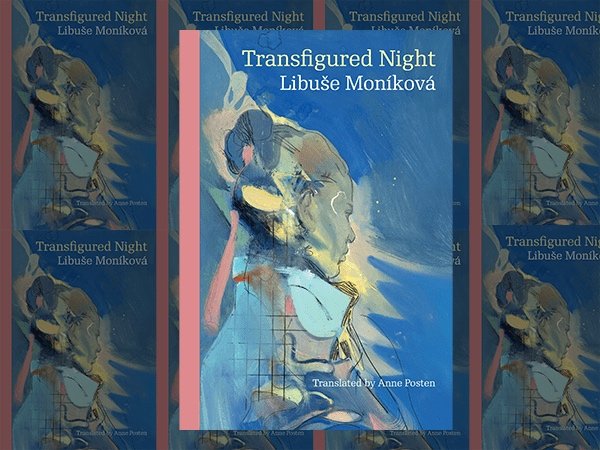
Between Nostalgia and Uncertainty: A Review of Libuše Moníková’s Transfigured Night (2023, Karolinum Press)
Reviewed by Anna West
Libuše Moníková’s Transfigured Night (2023, Karolinum Press) was published in German in 1996 under the title Verklärte Nacht and was only recently translated from German into English by Anne Posten. It is the last completed novel by a writer of Czech origin who nevertheless identified herself as a German author.

Soňa and children
by Richard Pupala
Translated from Slovak by Julia and Peter Sherwood
The faces around Soňa, the curious ones as well as those who were shocked, gradually turned expressionless as if something had switched them off, all but one that remained unforgivingly distinct. She had to flee from Peter’s gaze into the only arms that remained for her.
